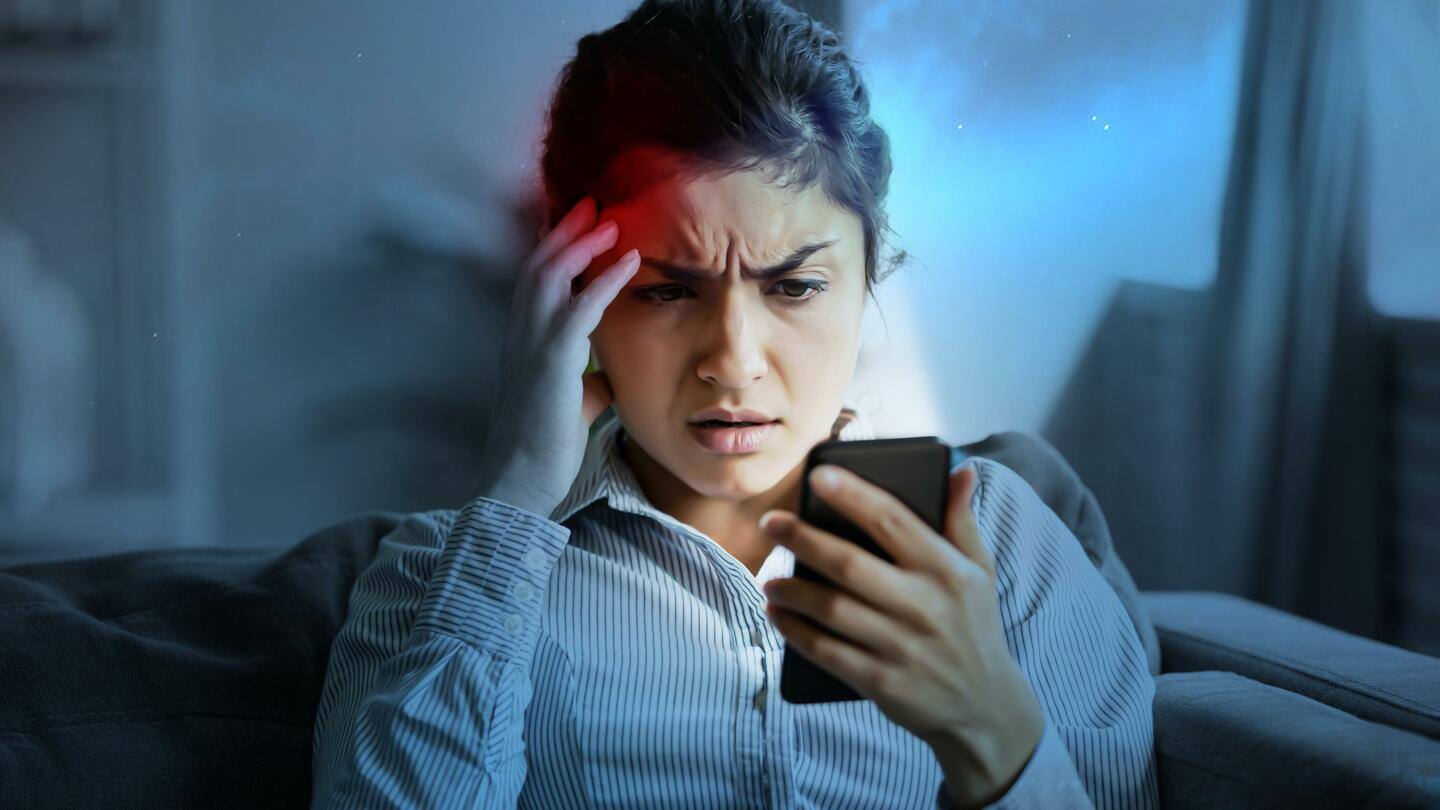
Excessive smartphone usage messes our brains. Don't ignore the science
What's the story
Today, smartphones have become a one-stop solution for every problem in life.
Whether you are navigating your mental health or, trying to find out the solution to that complex math question, smartphones have answers to all your queries.
This has created an over-reliance on mobile devices.
Unfortunately, its excessive usage can seriously mess up your brain. Read on to know the science behind it.
Cognition
Impairs your cognitive ability
Research suggests that smartphones may adversely affect cognition, a process of acquiring and applying knowledge through thought, experiences, and the senses.
With smartphones, you no longer need to mentally calculate numbers, memorize things or remember a geographical location.
When you don't work up your brain, your cognitive abilities gradually become blunt. Though its long-term negative impact is still under research.
Social-emotional skills
Negatively impacts your social-emotional skills
Depending too much on your smartphone for every minor or major inconvenience in life impairs your internal mechanisms of self-regulation.
Real-world problems require a real-world solution, and not a digitally motivated one.
Using smartphones becomes problematic when it replaces hands-on activities and direct human interaction that help you develop problem-solving skills with solutions that only work on virtual platforms.
Sleep
Disrupts sleeping patterns
You may not realize that using smartphones before your bedtime really messes with your sleep quality and cycle.
It is not just about staying up late to check your WhatsApp texts or your social media feed.
But the blue light emitting out from your mobile device is the real culprit here. It can seriously reduce your melatonin levels which helps induce sleepiness.
Mental bilities
Induces mental laziness
With information available just a touch away, you no longer have to scan through library books to complete that project of yours.
You also no longer have to remember the phone numbers of our known ones, as those are very neatly stored in your contact list.
This over-reliance on your smartphone for all the answers might lead to mental laziness.
Eyesight
Smartphones may affect how we see
If you look at your phone at a short distance continuously for long hours, without any break, it can lead to myopia.
Myopia, or nearsightedness, is an eye condition in which you can view objects up close clearly, but things farther away appear blurry.
People's screen time increased exponentially after the pandemic, which might be a serious concern for general eye health.